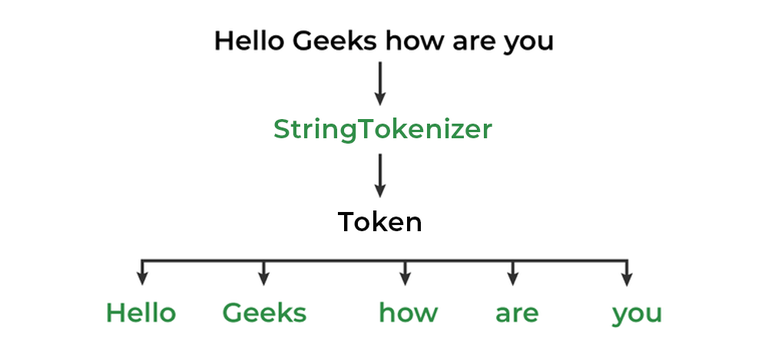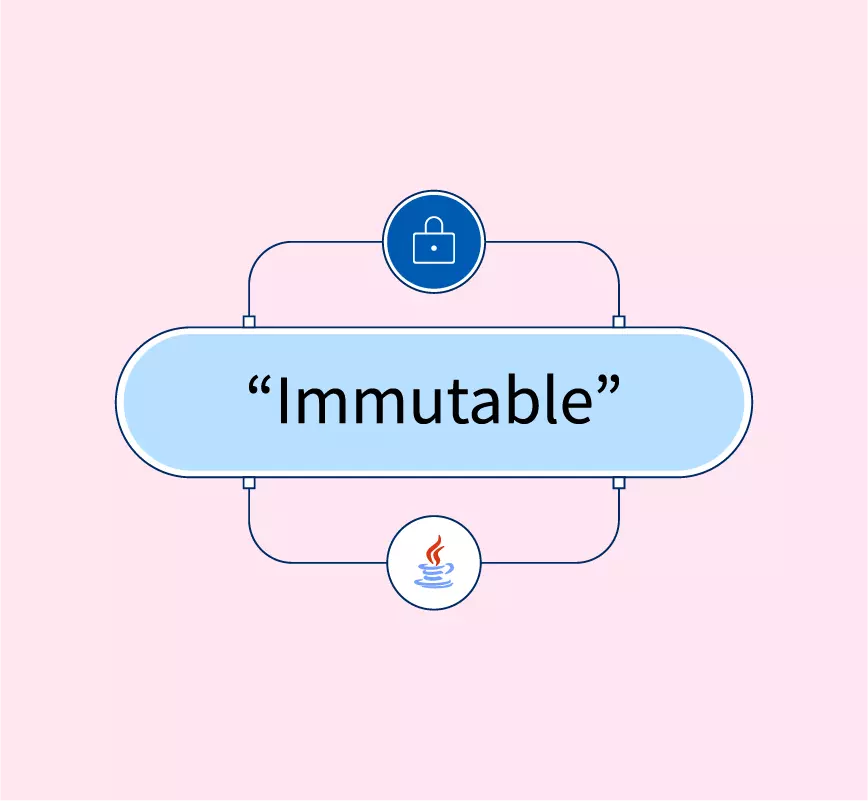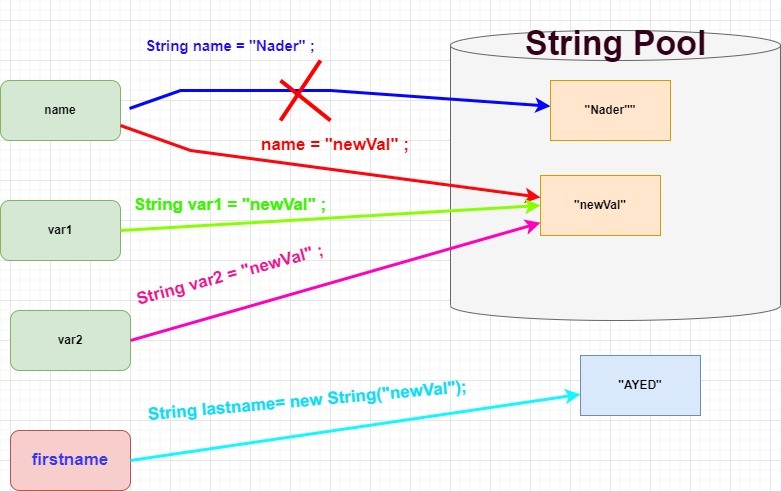Why Are Strings Immutable in Java? Comprehensive Guide for Beginners
Why Are Strings Immutable in Java? Comprehensive Guide for Beginners
Blog Article
What Is Unalterable Strings and How It Functions
In the realm of shows, comprehending the concept of unalterable strings is extremely important for creating robust and safe applications. Immutable strings refer to strings that can not be changed after they are produced, making certain information stability and predictability within the code. This essential principle plays a critical role in numerous shows languages and supplies a special method to dealing with information. By exploring the complexities of exactly how unalterable strings function, one can uncover a globe of benefits and opportunities that can raise the high quality and performance of software program growth.
The Basics of Unalterable Strings
Unalterable strings, as an essential principle in programs, are personality series that can not be changed once they are created. This implies that as soon as a string is appointed a value, that value can not be altered. In languages like Python and Java, strings are unalterable objects, leading to numerous effects in terms of memory administration and data stability.
Among the essential benefits of immutable strings is that they give a complacency in information manipulation. Considering that the web content of an immutable string can not be changed, it makes certain that the original information continues to be intact, lowering the danger of unintended adjustments throughout program execution (Why are strings immutable in Java?). This residential or commercial property additionally streamlines debugging processes, as programmers can rely on that when a string is defined, its worth will not be unintentionally altered
When a new string is created based on an existing one, instead than modifying the original string, the brand-new worth is stored separately. In general, comprehending the fundamentals of immutable strings is vital for mastering programming concepts and optimizing code performance.
Benefits of Unalterable Strings
Structure upon the safety and security and efficiency advantages of unalterable strings, their advantages encompass improving code integrity and simplifying simultaneous shows jobs. By being immutable, strings can not be customized after development, which eliminates the threat of unintended modifications in the data they save. This fundamental immutability makes certain that as soon as a string is developed, its value remains consistent throughout the program's implementation, lowering the possibilities of bugs triggered by unexpected alterations.
In addition, unalterable strings contribute to code integrity by making it much easier to reason about the state of a program. Given that strings can not be altered, developers can rely on that a string will certainly constantly hold the very same value, simplifying debugging and maintenance efforts. This predictability results in a lot more reliable and steady codebases.

Application in Shows Languages
Within various shows languages, the consolidation of unalterable strings is a basic element that influences exactly how information is handled and adjusted within code frameworks. The execution of unalterable strings varies across different shows languages, with each language offering its own devices to sustain this concept.

In comparison, languages like C and C++ do not have built-in support for unalterable strings. Developers in these languages should manually execute immutability by imposing guidelines within their code to stop direct modifications to string things.
Best Practices for Dealing With Immutable Strings
When taking care of unalterable strings in programming languages like Java and Python, adhering to finest practices makes sure efficient and safe and secure information manipulation. Among the key ideal techniques is to make use of StringBuilder or StringBuffer as opposed to directly manipulating strings, especially when managing comprehensive concatenation procedures. These classes offer mutable choices for string adjustment, assisting to avoid unneeded memory allocations and boosting performance.
In addition, when working with delicate information such as passwords or API keys, it is vital to stay clear of saving them as simple text in unalterable strings. Utilizing protected storage systems like char varieties or specialized collections for managing sensitive info helps reduce safety risks connected with immutable strings.
Real-world Applications and Instances
Discovering practical applications of unalterable strings in numerous sectors exposes their substantial effect on information honesty and system reliability. In the health care market, immutable strings play a crucial function in guaranteeing the safety and confidentiality of person data. By protecting against unapproved alterations to delicate info such as clinical documents and prescriptions, immutable strings assist preserve compliance with strict privacy policies like HIPAA.
Financial establishments likewise take advantage of the immutable nature of strings to boost the security of customer data and transaction records. Unalterable strings aid prevent scams and unauthorized alterations to monetary information, offering a robust defense against cyber risks and ensuring the trust fund and confidence of customers.

Final Thought
Best techniques for functioning with unalterable strings consist of preventing direct modifications and utilizing approaches that return brand-new string objects. Real-world applications of immutable strings include data security, caching, and string adjustment tasks.
Unalterable strings refer to strings useful content that can not be modified after they are developed, ensuring data honesty and predictability within the code. When a brand-new string is created based on an existing one, instead than changing the initial string, the brand-new value is kept separately.In languages like Java and Python, strings are unalterable by default, implying that when a string things is produced, its value can not be altered - Why are strings immutable in Java?. Finest techniques for functioning with unalterable Read Full Report strings consist of staying clear of straight adjustments and utilizing approaches that return brand-new string items. Real-world applications of unalterable strings consist of information security, caching, and string manipulation jobs
Report this page